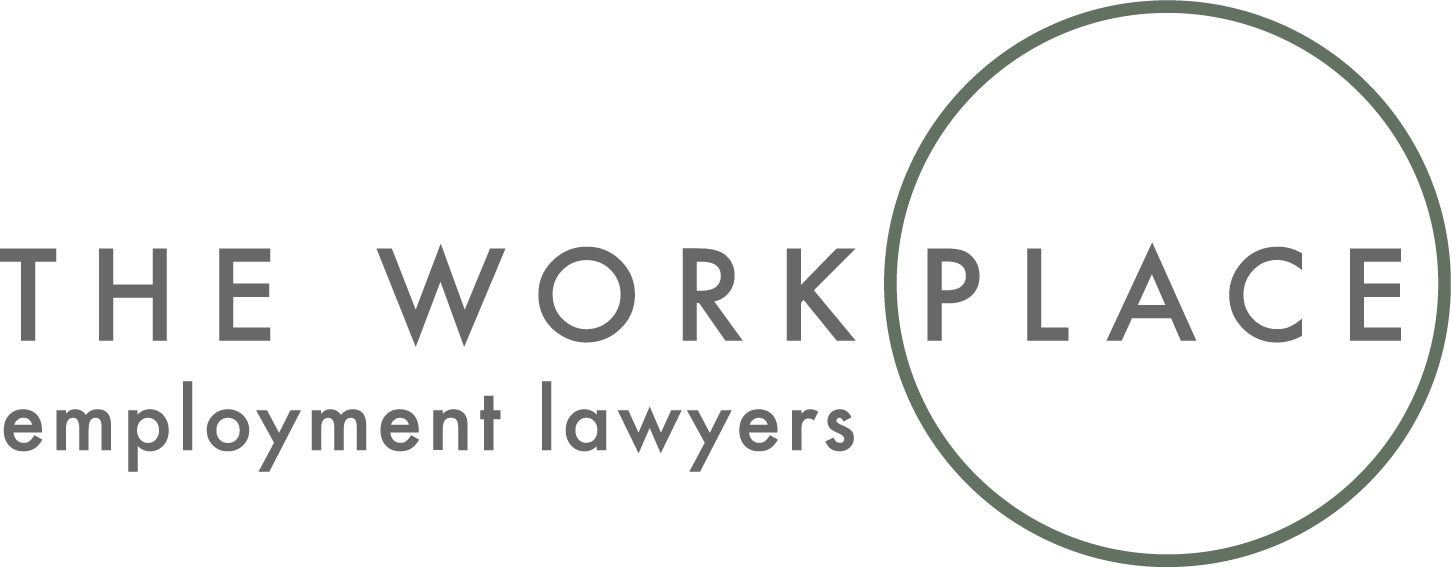Photography / Pexels.com
Employers should note the following changes will apply from 1 July 2019:
1. National minimum wage
The national minimum wage, which applies to employees not covered by an award or enterprise agreement, will increase by 3% from 1 July 2019. The new national minimum wage will be $740.80 per week or $19.49 per hour. This is an increase of $21.60 per week or 56 cents per hour from the 2018/19 rates.
2. Minimum award wage rates
The Fair Work Commission has published revised versions of awards, providing for a minimum wage rate increase of 3% from 1 July 2019.
Employers should also note that from 1 July 2019:
Some penalty rates in hospitality and retail awards will change;
The casual loading will remain at 25% in most modern awards and for award/agreement free employees; and
The casual loading in the Business Equipment Award 2010 will increase to 24%.
Employers should review applicable awards and adjust wage rates for award employees as necessary. Note that it is not necessary to increase salaries for award employees who are paid above award rates, provided minimum award conditions are met.
If your business operates under an enterprise agreement, the Fair Work Act requires that you ensure the base rates of pay in your enterprise agreement are at least as high as the new base rates of pay in the applicable modern award. Employers should also check their enterprise agreements for any other wage increase mechanisms and increase those rates as necessary.
3. High income threshold
The high income threshold will increase from $145,400 to $148,700 from 1 July 2019. This means that:
Employees whose annual rate of earnings is more than $148,700 and who are not covered by an award or enterprise agreement will not be able to bring an unfair dismissal claim;
The maximum compensation that can be awarded to an employee in unfair dismissal proceedings will be $74,350; and
The minimum guaranteed wage to be a high income employee for the purposes of award application will be $148,700 from 1 July 2019.
4. Superannuation
Employers must continue to contribute 9.5% of an employee’s ordinary time earnings to a complying superannuation fund. The maximum superannuation contributions base for 2019/20 will be $55,270 per quarter (or the equivalent of $221,080 annually). This means that employers must make superannuation contributions equal to 9.5% of an employee’s ordinary time earnings to $55,270 per quarter. Employers need not make superannuation contributions with respect to earnings above this cap unless they have a contractual obligation to do so.
5. Fair Work Information Statement
The Fair Work Ombudsman will issue an updated Fair Work Information Statement in the near future. Once available, the updated version should be issued to each new employee before, or as soon as possible after, they start employment.
Not sure what to do or like some help?
The Workplace can assist with all of your employment related needs, whether related to the new pay rates or otherwise.
Please give us a call on 02 8226 8535 or email hannah@theworkplacelawyers.com.au or kim@theworkplacelawyers.com.au for assistance.
The copyright in this blog is owned by The Workplace – Employment Lawyers Pty Ltd. The content is general information only and is not intended to constitute, or be relied upon as, legal advice. The use of this blog by any person or company does not create any solicitor-client relationship between the person or company and The Workplace – Employment Lawyers Pty Ltd.

